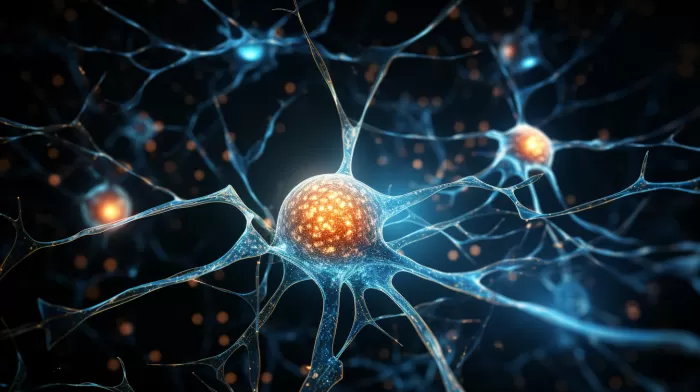The manner in which a child is born may have a long-lasting effect on brain development and function, with researchers finding that natural birth can offer more significant benefits compared to a surgical delivery. A protein called UCP2, found to be crucial for the proper development of hippocampal neurons and circuits, plays a critical role in this process.
The hippocampus, a region of the brain that is responsible for short-term and long-term memory, is significantly affected by the levels of UCP2 protein. In a study conducted at Yale School of Medicine, researchers explored the effects of natural and surgical deliveries on mice to better understand the role of UCP2 in the brain during birth. The researchers discovered that the expression of the UCP2 protein was triggered in the brains of offspring during a natural birth, but it was reduced in those delivered through a C-section.
Inhibiting UCP2 function was found to interfere with the differentiation of hippocampal neurons, impairing the formation of circuits. As a result, mice born through C-section showed adult behaviors related to hippocampal functions which were impaired as well. Also, it is crucial to note that UCP2 is involved in cellular metabolism of fat, which is a key component in breast milk. Consequently, the induction of UCP2 during natural birth may aid newborns in transitioning to breastfeeding.
The researchers behind the study, therefore, argue that a rise in C-sections driven primarily by preference rather than necessity could result in previously unknown long-term effects on brain development and function among humans. While there might be some instances where a surgical delivery is necessary for the health and safety of both the mother and child, it is essential to understand the benefits and limitations of both natural and surgical deliveries.
The importance of the UCP2 protein in brain development cannot be overstated. Over the years, research has demonstrated that individuals with higher levels of UCP2 tend to have improved learning abilities and memory performance. Moreover, it has been found to play a role in neuroprotection, guarding nerve cells against damage and promoting their survival.
Considering the significance of the protein in the development of the hippocampus, it is essential to pay attention to the potential long-term effects that surgical deliveries may have on a child’s brain. Although further research is needed to assess the full extent of these consequences, it is crucial for expecting parents and medical professionals to be aware of these findings when making decisions regarding the delivery method.
In addition to understanding the benefits of a natural birth and the important role UCP2 plays in brain development, it is worth noting that breastfeeding is highly beneficial for infant brain development as well. The components of breast milk, including fats, play an essential role in brain growth, and an increase in UCP2 levels during natural birth may make the transition to breastfeeding smoother for the infant. As such, natural birth and subsequent breastfeeding combined hold immense value for an ideal start to a child’s cognitive development.
In conclusion, the delivery method can have a significant impact on a child’s brain development and function, with natural birth triggering more substantial benefits than surgical delivery. The protein UCP2, seemingly critical for the development of hippocampal neurons and circuits, is found to be of higher level in mice that were naturally delivered, leading to improved learning abilities and memory performance.
While C-sections may be necessary in certain circumstances, an increase in those driven by convenience may result in lasting effects on brain development and function among the population. It is crucial for parents-to-be and medical professionals to consider the potential long-term effects on the brain when making decisions about the delivery method and to prioritize the infant’s health and well-being from the very beginning.



